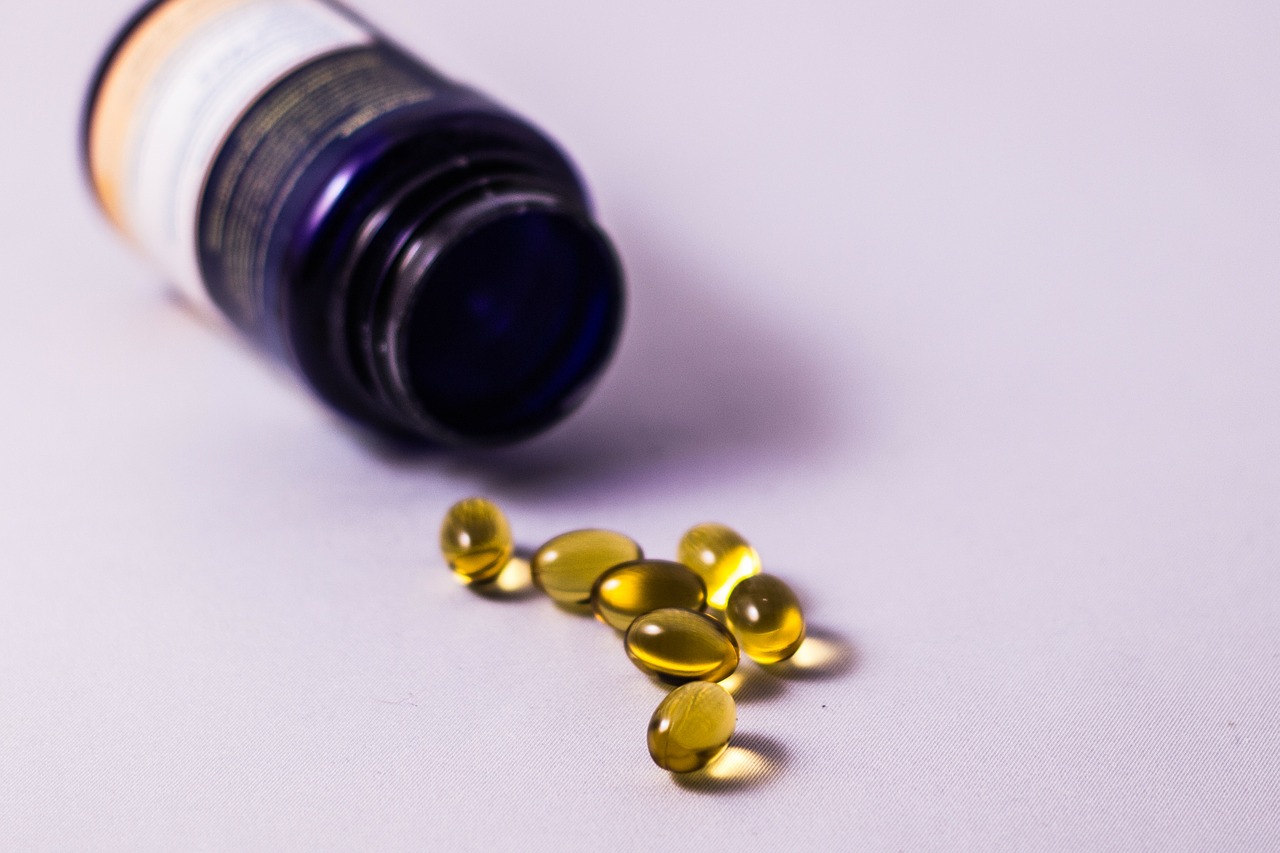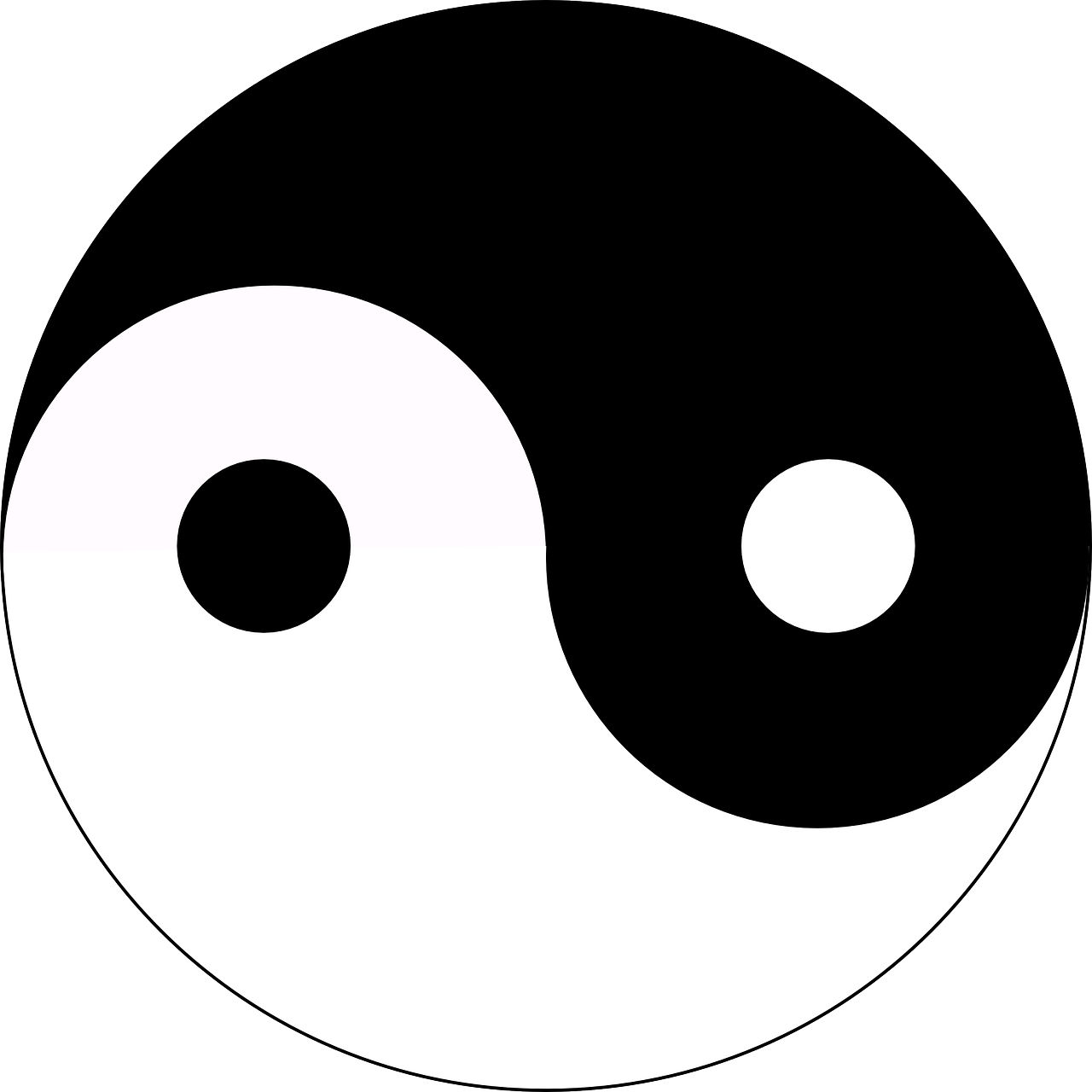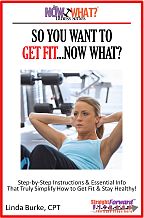Buy "The Now What? eBooks" Here! Or go to Smashwords for misc. formats.
The Now What Fitness Series lays out the foundation of fitness in a concise and simplified manner, making for a collection of books that help the reader truly comprehend how to improve one's health and well-being from A to Z. I've broken fitness down into comprehensive concepts, giving anybody who truly wants to change their health and their lives in profound ways, the step-by-step tools and knowledge to do so.
Diet and Exercise Tips Interview Question #4
Supplements Tips: Do you feel the use of supplements are necessary to be in good shape?
adverstisement
Okay, my supplements tips may shock you. In a nutshell: No. I don’t feel supplements are necessary for otherwise healthy individuals.
However, for those who may be deficient in any substance in their body, supplementation is a whole different animal. If after proper testing, i.e., blood tests and/or a medical specialist evaluation and opinion, etc., it is deemed you are deficient, then by all means supplementation may be exactly what you need. Any supplementation should always be in conjunction with a healthy diet.
Some common deficiencies are protein, calcium, Vitamin D, the B vitamins, and various others.
I am not the kind of trainer who pushes haphazard supplementation. The only supplement you will ever really hear me kind of push is a quality multivitamin. I think everyone can probably benefit from a multi, but I believe we should try to get our nutrients from whole foods when we can.

Due to issues like depletion of nutrients in our foods and our soil where we grow the foods, steroids being injected into our animal food supply, pesticides, pollution, genetic altering, etc., it is hard to know what or how to eat.
Therefore, I look at a good multivitamin as insurance (in conjunction with a healthy diet). I still think you should try to get your nutrition through food rather than popping a pill or drinking a magic potion of any sort.
I believe a proper diet including organic whole food whenever possible will negate the need for most extraneous supplementation. So, as far as supplements like metabolism enhancers, creatine, fat loss pills and such, I do not condone them nor do I recommend them to any of my clients.
However, I do recommend protein supplementation in the form of a good quality protein powder if you find it difficult to meet your protein needs. If you are avoiding dairy like I am (I have recently become a pescatarian), you can always find a vegetable-based powder or an egg-based powder instead of whey. I believe protein supplementation is acceptable if you are finding it difficult to get your required amount of protein in the form of food.
Keep this in mind: To supplement protein above and beyond your required needs in effort to build muscle is a fallacy and one that can be detrimental to your health.
So, how much protein do we really need?
The average person needs 0.8 grams of protein per kg of body weight (2.2 lb.) each day. Exercising individuals may need more like 1.2 to 2 grams of protein per kg of body weight.
Here’s the equation to figure your needs. Your weight in lbs._____ ÷ 2.2 = weight in kilograms. Your weight in kilograms _____ x (anywhere from 0.8 to 2.0, according to your activity level) = _____ protein requirement per day.
For example: I weigh 140 lb.
140 ÷ 2.2 = 63 kg.
63 kg x 1.2 = 75 and 63 kg x 2.0 = 126 grams of protein daily.
Therefore, I figure if I get anywhere from 75 to 126 grams of protein daily, that should be plenty. Like I said earlier, I vary it according to my activity level on a day-to-day basis. Does one have to be that picky about it? Probably not, but I already admitted to being a bit obsessed. It sort of goes with the territory. What can I say?
REALLY COOL LINK ALERT!! If math makes your eyes glaze over like it does mine: Click here to go to bodybuilding.com and enter your numbers and the cool calculator there will do the math I just showed you for you. How cool is that?
So you need to decide your activity level and how much protein you think you need. However, keep this in mind:
Too much protein may cause weight gain, kidney and liver stress, and loss of urinary calcium. While this issue tends to be a bit controversial, I choose to land on the conservative side.
Seems to me those that vote for huge amounts of protein touting no harmful effects may have fallen pray to the sly marketing ploys of "pro" protein advertisers, i.e., protein supplement companies, animal farmers, etc. (those who stand to profit from higher consumer protein intake). Everyone is entitled to an opinion, and that's mine.
Contrary to popular belief, protein is not a primary source of energy, except when you do not consume enough calories or carbohydrates.
If you fail to eat enough calories, then protein is stripped from the muscle and used as an energy source instead of being used for its intended job of building tissue, enzymes, hormones, etc. This is not good and obviously something you want to avoid.

Supplements Tips Summary
The trick is finding the right balance. First of all, find your daily caloric intake needs and then experiment with what works best for you.
You can weigh weekly, do girth measurements, along with body fat assessment and keep track of your progress monthly.
In summary, is protein supplementation necessary? In my opinion, only if you cannot get enough protein in your diet through smart food choices.
Many times I drink a protein smoothie right after a strength training session, especially if I am squeezing my workout between my clients’ sessions. I try to replenish my protein and carb stores within an hour after strength training, preferably immediately. ADDENDUM: My lifestyle has changed quite a bit since this interview in 2009. Nowadays, I try to focus on getting about 25-30 grams of quality protein per meal, 3 meals a day. It works for me. I no longer drink protein smoothies on a regular basis. Click here and read the Big Fat Update to see why.
Remember, there is no magic pill or supplement. Bodybuilders and supplement companies will swear that you need all kinds of supplements, but there is no real documentation that I’ve read that shows any of them truly work.
In fact, most research shows they just produce very expensive urine. I don’t know about you, but I’d rather spend my money on a good gym membership and expend the effort on a well-structured workout routine that produces real results I can see and feel rather than flush it down the toilet. Ya know what I mean? In fact, you could use that money on a great fitness trainer! Know any? I do!
Return from Supplements Tips to Diet and Exercise Tips Interview
Return from Supplements Tips to Straightforward Home
